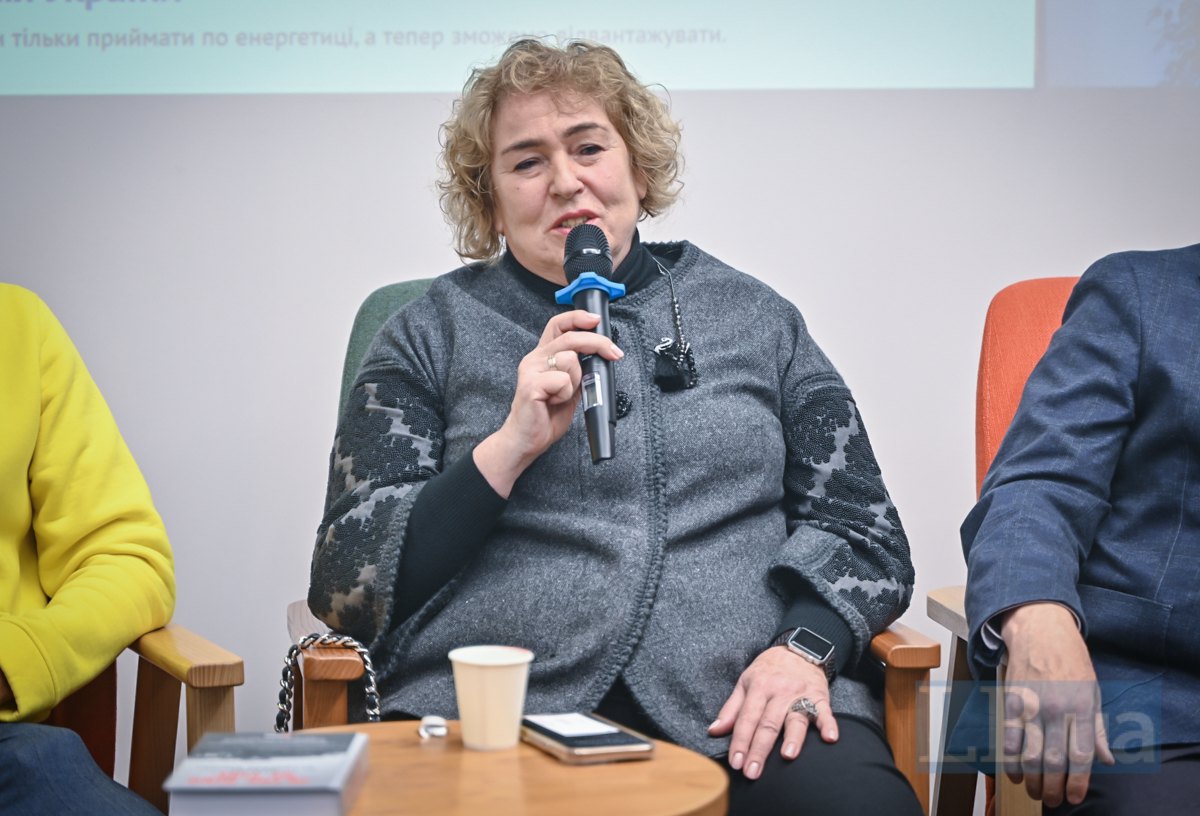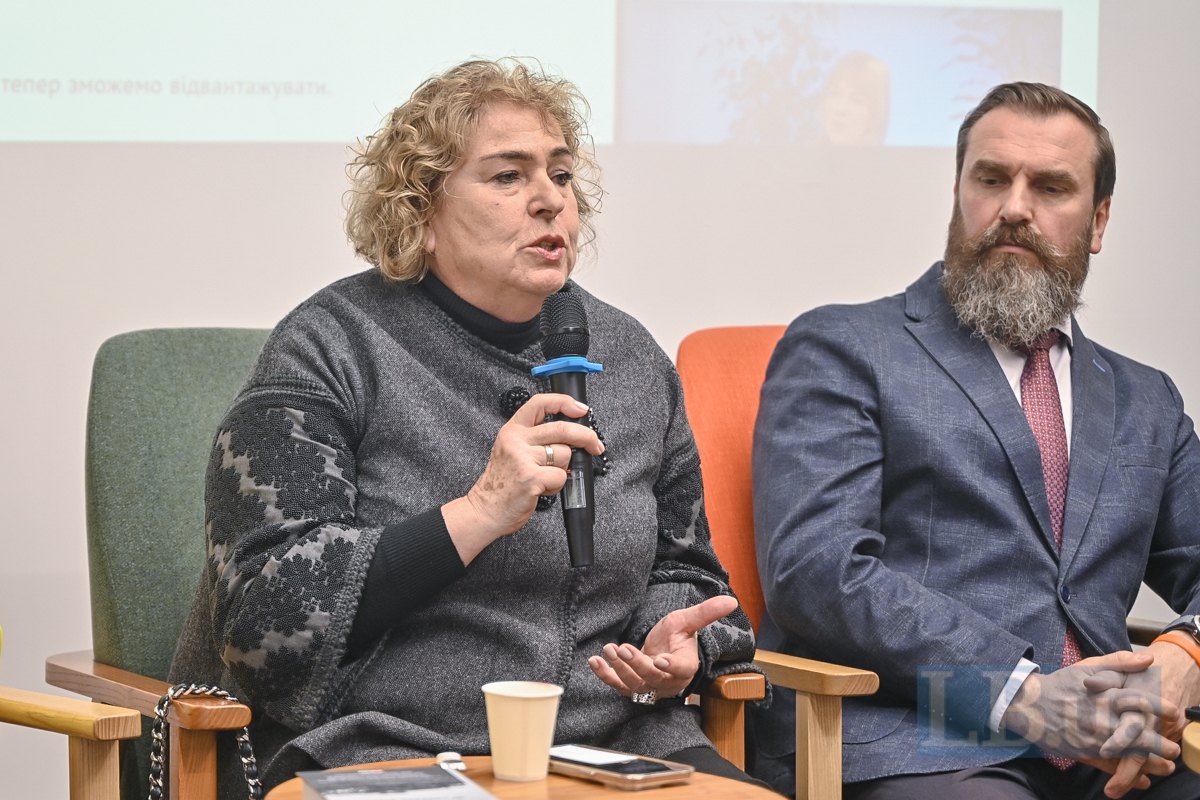
“Official data show that 70 % of Ukrainian women of working age who fled to Poland are employed. 70 %! No diaspora can match that figure. So will the Poles be interested in keeping them there? They will,” says Ella Libanova.
Sociologist Libanova notes that demographers have been aware since the 1960s that Ukraine would face depopulation; the war has simply accelerated it dramatically. But depopulation is a trend across all of Europe, so naturally, the Old World is interested in an influx of young people, including Ukrainians.
“Whether Ukraine’s current population will be enough depends on the purpose,” says Ella Libanova. “If the goal is simply to live comfortably? Well, listen, Norway has 14 people per square kilometre. God willing, may we live as well as Norwegians. That’s not the criterion.
The real question is whether we will have enough workforce. If we start rebuilding industrial giants that are now destroyed—one scenario… We will have to replace them with modern production, technology, and productivity. Then we will have enough people. That’s the first point.
Second, I completely disagree with the Ministry of Economy’s estimate that we need 4.5 million additional workers. I don’t know where that came from. The methodology I saw does not convince me at all. Can we function at all without migration? No, we can’t. Our people will continue to leave abroad even after the war, and that’s normal. People will also come here after the war—and they already are. That’s also normal. The question is how the state structures its migration policy so we don’t repeat the disasters that happened in many European countries. So I don’t see any existential problem.”

According to the researcher, it is more worrying that the population has ‘appropriate values, is not ambivalent, does not waver between the Soviet Union, Europe, “because life is better there”, and Russia, “because there is order there”.’
And here, Ella Libanova emphasised, education plays a decisive role. Without it, Russians will deceive us in information wars as they please.
‘Sometimes I am afraid to read information on social media. Not everyone is able to distinguish truth from lies,’ Libanova noted.
Therefore, in her opinion, large universities should become centres of education, science, and the formation of a new Ukrainian identity.
"There is a very bad trend spreading across Ukraine: that we have too many people with higher education, and we need to train unskilled workers. But higher education is not about the labour market at all. Higher education is about human development. The labour market is about skills. Skills and education. So, universities should provide education.
And it is very good that our young people want to get this higher education. No matter how hard I tried to analyse the basics: the level of unemployment at different levels of education; the level of employment at different levels of education; the level of income at different levels of education — don't tell me that you can become a billionaire without a higher education. Someone may become one, but income is mostly directly proportional to the level of education, employment is directly proportional to the level of education, and unemployment is inversely proportional to the level of education. These are statistics, and they are quite objective," says the director of the M.V. Ptukha Institute of Demography and Social Studies.

***
What changes does Ella Libanova believe higher education needs?
Reform should begin in secondary school. That’s where, according to the sociologist, proper teaching standards must be ensured—because it’s at school that children are motivated to continue studying.
Universities, except for a few classical ones, should be specialised.
“I’ll never understand why the Kyiv Polytechnic Institute needs a sociology department. Honestly, I just don’t get it,” says the academic. However, she adds that several basic subjects—such as statistics—should be taught in every university and every field. “When ministers and MPs start adding or subtracting percentages,” Libanova notes, “it’s unbearable to listen to.”
Science and education must be synthesised.
Today, science in Ukraine exists largely as a separate field of activity, says Libanova. But it is crucial to establish a working model of cooperation between research and education. If scientists don’t come to universities, young people won’t hear what they know. Such collaboration, she believes, should be developed at Taras Shevchenko National University of Kyiv, Lviv Polytechnic, Ivan Franko National University of Lviv, KPI, and others.
The approach to closing universities must be balanced.
Some Ukrainian higher education institutions, Libanova says, should merge with stronger ones, while others should indeed be shut down. However, smaller universities also have their roles to play.








